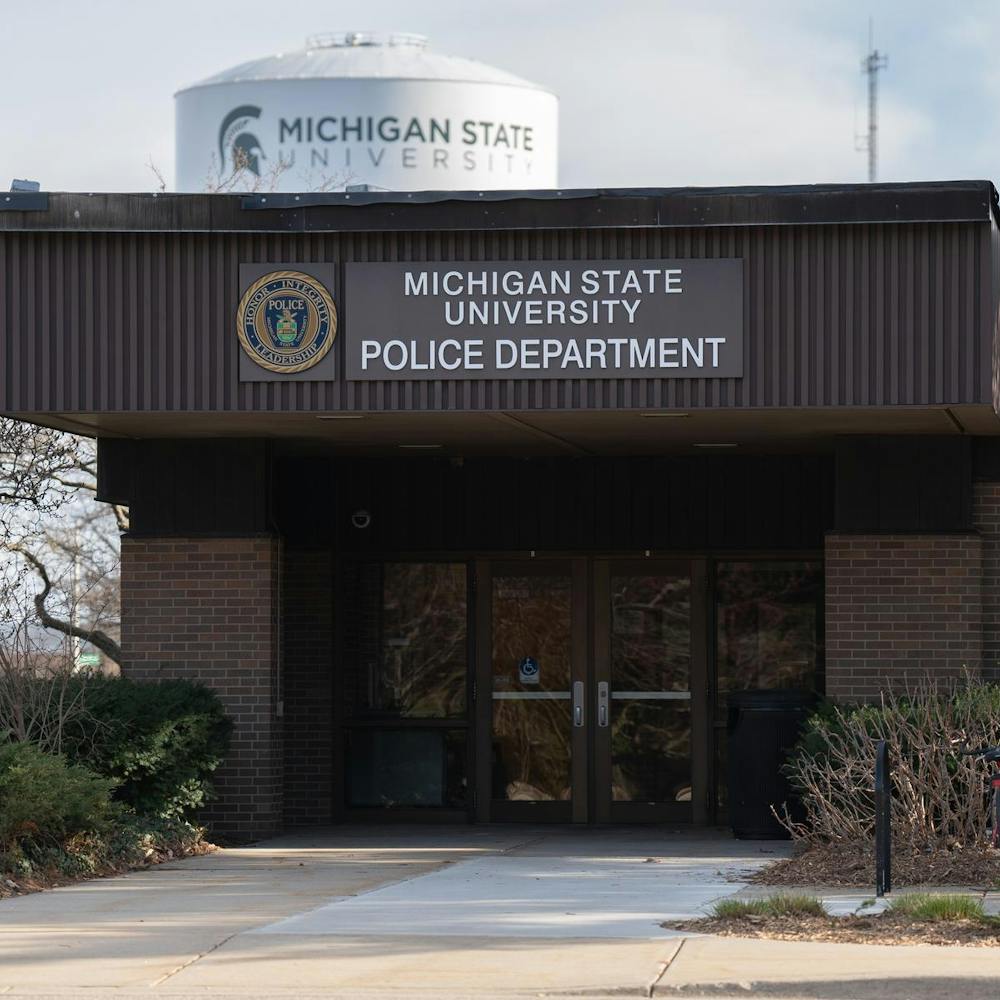Dr. D.,
I thought I would contact you about a problem I’ve noticed frequently on campus when these young coeds return from spring break. The problem I speak of is their glowing red faces — that for a large part is from their “indoor suntanning” — not the natural kind. The information about how ultraviolet lights may cause melanoma is out there, but I guess they just aren’t reading or are concerned about it. Could you say something?
-AP
Dear AP,
“Little darling, it’s been a long, cold, lonely winter” is the refrain from the Beatles’ song, “Here Comes the Sun,” that best characterizes my feelings about the current Michigan weather. Dude, it is really hard for me to say anything critical about spending time in the sun as I sit here on a Saturday morning, writing while glancing out the window at another 4 inches of freshly fallen snow.
Having said that, I will acknowledge it is an important topic to address. It is also one that seems to come up every year around this time that does generate heated debate. Tanning, whether fake or organic bake, has both supporters and detractors.
Secondly, just to let you in on a little secret: If you are tanning, everyone knows. The only way it could be real is if you were visiting from a sunny climate. And who visits Michigan in the winter other than snowboarders who really only care that “the pow is really phat, dude.”
I understand the need for some people to add deeper tone or color to their skin. For many, it gives them a sense of confidence, comfort and an all-around feeling of self-worth. In your case, you say you want it both for prevention against burning and for that “look where I’ve been” attitude. I don’t see a problem with the second reason, since it is up to you how you see yourself and how you want others to see you.
As far as being preventative in the sense that it gives you a base tan, well that’s problematic and not protective at all. Most researchers say that because most tanning beds give out UVA rays, and most sunburn is caused by UVB, the best possible protection you are going to get is a factor of four, which is less than most commercial skin-blocking products. It is far better to go with the options I outline below. As to whether “crisping” or “fake baking” can cause skin cancer and which is worse, well, here is what I know.
Both the Food and Drug Administration (FDA) and Centers for Disease Control and Prevention (CDC) say there is enough research to know the rays from the bed and beach can damage your immune system and cause skin cancer. Malignant melanoma (one of the type of cancer associated with UVA rays) can be fatal in some cases and it is expected that there will be 38,300 cases and 7,300 deaths this year due to melanoma.
And although a bronzed skin tone may look good now, the skin aging and cancer that UV rays cause may not show up for years. Those who are in their teens and 20s will most likely not show these side effects until they reach middle age. You should also know that even though tanning beds are less likely to cause sunburns, they are still not completely safe and may age your skin.
Not everyone who goes tanning gets skin cancer, just the same way that not everyone who chooses to have sex gets a sexually transmitted infection, or everyone who crosses the street will get hit by a car. It’s just a fact that like any behavior that entails risk, you need to exercise moderation, use protection and know that other factors outside of your control might affect the outcome.
It is important that you know how to protect yourself. A few ways to do this are to limit sun exposure during the hours of 10 a.m. through 4 p.m. when the sun’s rays are strongest. If this isn’t possible — which it probably isn’t on most days — then wear protective clothing, sunglasses that have UV ray protection and/or sunscreen with SPF 15 or higher that’s labeled “broad spectrum.” This will protect against both UVA and UVB. Also, don’t be fooled into thinking you are safe on cloudy or overcast days, since UVA/B can still be strong.
As far as bringing back something from sunny Florida, well, I once again turn to William Shakespeare who in “The Merchant of Venice” advises that “all that glitters is not gold.” I think you’re better off grabbing a bag of grapefruit on your way home.
Support student media!
Please consider donating to The State News and help fund the future of journalism.
Discussion
Share and discuss “Tanning now not worth damage later” on social media.






